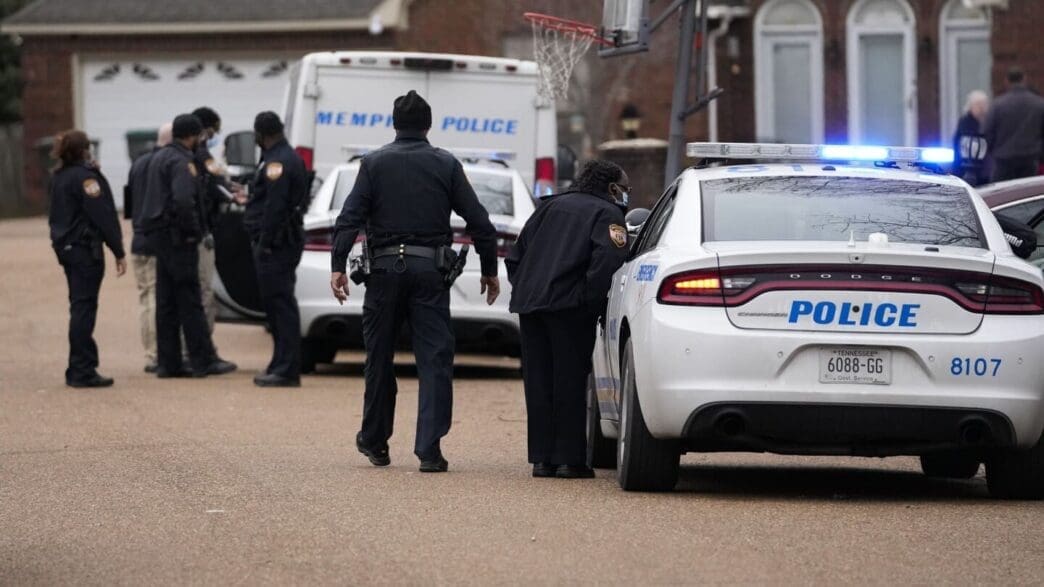The United States Department of Justice has leveled serious accusations against the Memphis Police Department, uncovering a systematic pattern of excessive force and racial discrimination, notably against Black individuals. This investigation followed the tragic death of Tyre Nichols after a violent encounter with Memphis officers.
The Justice Department’s investigation into the Memphis Police Department revealed alarming practices, including regular violations of civil rights and constitutional protections. Initiated after Tyre Nichols died following a brutal interaction with police officers, the probe has brought to the forefront issues of police misconduct that have long troubled the city.
Nichols was apprehended during a traffic stop, where he was pepper-sprayed, kicked, and battered with a baton by multiple officers. Despite him calling out for his mother and appearing seriously injured, officers were seen on video laughing and talking. His death, which occurred three days after the incident, spurred national outrage and demands for widespread police reform across the United States.
Significantly, this case underlined the Memphis Police Department’s method of utilizing aggressive traffic stops as a crime reduction strategy. Such tactics, often described as ‘saturation,’ involve heavily increased police presence in certain neighborhoods. However, the report criticizes this approach for lacking oversight and resulting in questionable encounters with civilians.
The federal investigation disclosed that Memphis officers frequently failed to respect constitutional limits, often detaining individuals without sufficient cause and conducting unwarranted, invasive searches. Black residents bore the brunt of these practices, experiencing harsher treatment than their white counterparts in similar situations, according to the report. It also highlighted officers’ quick resort to force over minor offenses, a pattern that exacerbates community mistrust.
In one notable instance, police intervention involved multiple officers and police vehicles, confronting an unarmed man with mental health issues suspected of stealing a $2 soda. The excessive response starkly illustrated the department’s disproportionate use of force. These practices have serious implications, as evidenced by the dismissal of numerous criminal cases due to the misconduct of certain police units.
The Scorpion Unit, a crime suppression team implicated in Nichols’s case, was ultimately abolished following his death. This unit was criticized for its aggressive tactics aimed at increasing arrest numbers, which included the use of force on unarmed individuals throughout its operations.
The city of Memphis has resisted immediate federal oversight, pending its review of the Justice Department’s findings. City officials have expressed concerns over the cost and longevity of potential consent decrees. Historically, such decrees, enforced by a federal monitor and approved by a judge, aim to reform police practices significantly. However, the city’s response reflects a broader uncertainty about future federal policies under shifting political leadership.
Recent years have seen similar federal investigations led by the Justice Department in cities like Minneapolis and Louisville, prompted by high-profile cases of police brutality. Memphis’s case was expedited, taking only 17 months compared to the typical duration of several years for such thorough inquiries.
The findings from the Department of Justice cast a spotlight on pervasive issues within the Memphis Police Department, raising urgent questions about accountability and reform. As the city grapples with the implications of these revelations, the path forward remains uncertain, highlighting the ongoing national debate over policing and civil rights.
Source: Apnews








